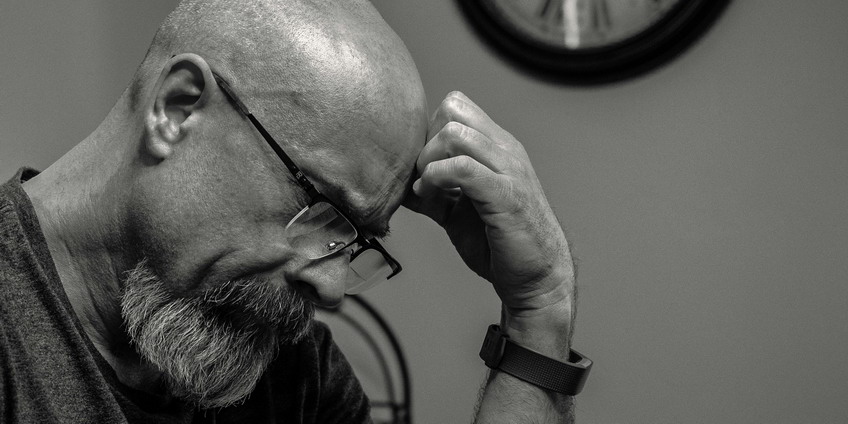024. Nature Wants You to Use Your Brain and Think

Always think for yourself about everything.
This paragraph continues on the last instruction for avoiding injuries from the last paragraph. While it is a simple encouragement for using protective accessories in training, it is also a call for rational thinking about everything.
Here is the answer to all boneheads bragging about being too tough to wear gloves. If you are a professional athlete and gloves are forbidden in your sport, then it is understandable why you are not using them. However, if you have a delicate skin prone to calluses or small hands with fragile bones or you are a musician or do other delicate works with your fingers or you have palm tissue collagen deficiency, then gloves may be very helpful. It’s interesting that lifting with gloves is actually harder then without them, because the grip diameter becomes wider and therefore, stronger squeezing is needed to maintain the grip. Also, gloves allow some slack and slippage between palm and the bar, which additionally makes handling of the weight even more difficult. Therefore, you can only get tougher by wearing gloves. Those of us who experienced heavy barbell grinding directly against finger bones and joints, know very well how helpful gloves can be in reducing friction and preventing calcification bumps. To summarize, train without gloves if there are no problems, but use them if you need to.
Something similar goes for the lifting straps as well. You can read on the Internet that “real men don’t use straps” and “straps are for sissies”. Hello there, strongman competitors are using straps, so would you dare to call them sissies, huh? Supposedly, straps interfere with grip strength progress and it always stays weak. While this is fully valid for professional powerlifters, it is not applicable to ordinary people and amateur deadlifters. Grip is quite often the weakest point and no matter how hard one trains, it will never strengthen enough to keep up with the rest of the body. In that case, deadlifter has 2 choices:
- Use straps and continue improving deadlift and whole body strength.
- Stagnate while waiting for the grip to catch up with rest of the body.
In other words, would you prefer to lift 300lbs with straps or 200lbs without straps? What would be more beneficial for your general strength and power development? Honestly, this is not a dilemma at all. If your grip is an issue, just use straps, continue improving your deadlift and never look back. Believe it or not, even your grip will became stronger over time, due to a sheer weight on the bar!
Now, let’s think about lifting speed. Majority of couching info is coming from bodybuilding world, so you might think lifting slow and under control is the only proper way to lift weight. But, if you watch Olympic weightlifting and strongman, you will see lots of fast and explosive lifting. Actually, it would be impossible to lift huge weight slowly to overhead position or for numerous repetitions or throw it in the air. Nature often expects live beings to act fast and move explosively, so it will be very natural to train fast and explosive lifting. Each of two lifting style has it’s own role in physical development, so it would be wise to practice them both.
You should always think for yourself and do what you think is right. Feel free to use gloves, straps, belts, bandages, wraps, protection pads or any other requisite you like or find useful. If those accessories do any good for you, it’s all that counts. Of course, this is not written in stone and some equipment should be avoided. For example, think about barbell pad for back squats. It should relieve pain on the shoulders, but will also distance barbell from the back, displace gravity centers, mess with squatting technique and compromise stability of the bar. Now let’s engage our brains and start reasoning: is there any other solution to prevent barbell from hurting shoulders? How about wearing a thick hoodie or maybe two hoodies layered one above the other? Sounds like a nice idea indeed and should be better in practice. After all, if a squat pad works fine for you, then go on and use it.
To cut it short, among other benefits of thinking for yourself, first and foremost, you will avoid injuries. The reward will be a healthy body, ready for all demanding tasks, like hard training for power.